Our mission is to ensure our readers have access to the best resources and easiest way to adopt healthy habits that last a lifetime.
Are you passionate about nutrition? Or do you have an inspiring story or yummy recipes that would help others make mindful choices? We'd love to hear from you! Bring your contributions to light by sending us an email at [email protected].
You are the universe and with us, your voice will matter!
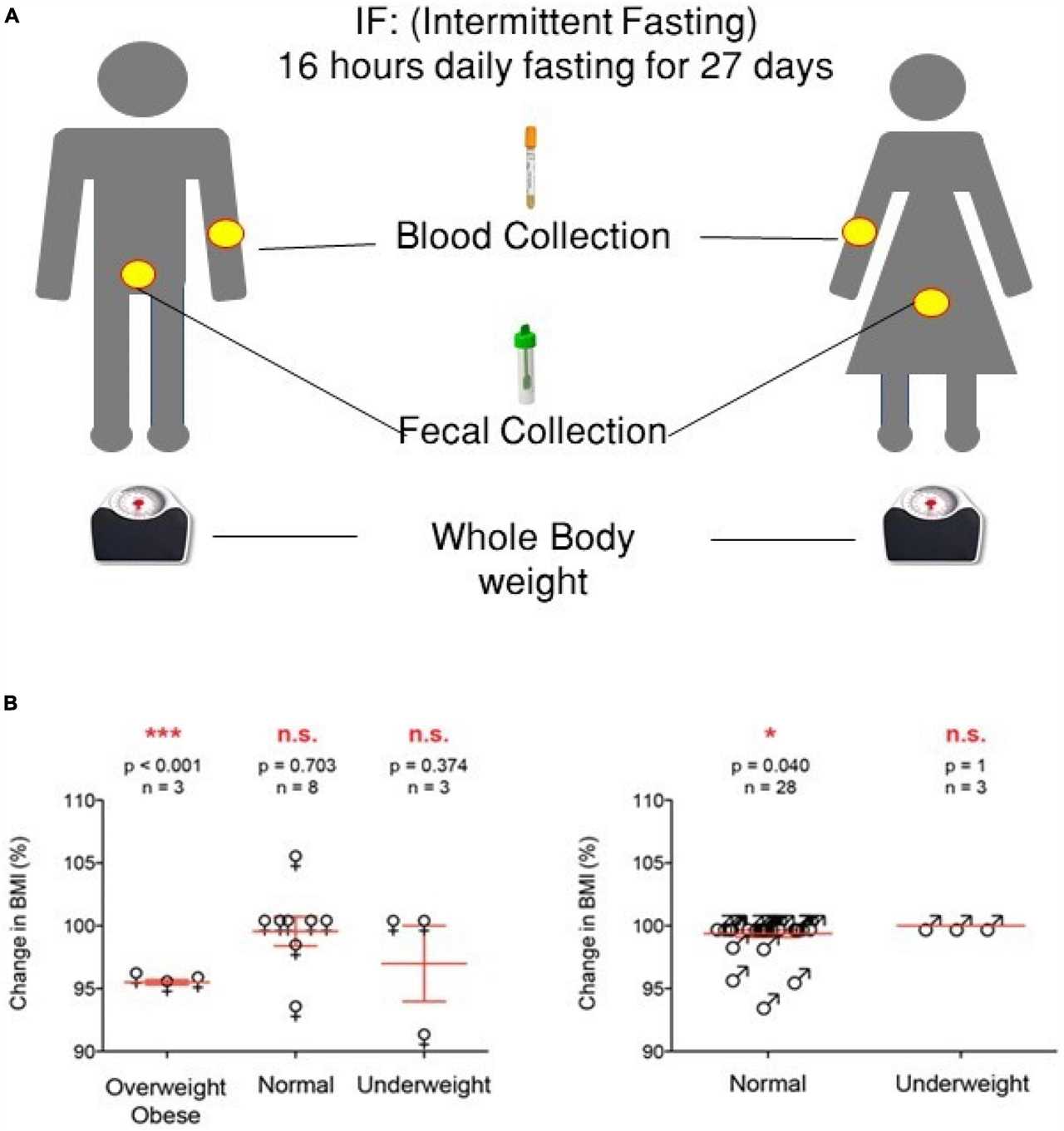
Frequently Asked Questions
What is permitted and prohibited during intermittent fasting
To achieve desired results, it is important to understand the rules of intermittent fasting. It's not just about eating less but ensuring that you're consuming the right types and amounts of food during specific periods.
Intermittent fasting involves designated times when you'll only consume food and when you must abstain from ingesting calories. These "fasting windows" usually last for 16 to 24 hours, allowing your body ample time to break down difficult-to-digest foods, cleanse itself, and speed up your metabolism.
However, this doesn't mean you should starve yourself during fasting windows. These are the best times to drink nutrient-rich drinks like tea, lemon water, and water. You can also indulge on calorie-free snacks, such as vegetables or fruits. The only restriction is that these must be consumed without added fats or oil.
This doesn't mean you can eat all the high-calorie, sugary foods and sweet treats that you want after you have finished your fast. It is important to keep healthy eating habits. Once the recommended fasting time has been reached, you should not add processed foods such as chips or other unhealthy choices. This will quickly undo all your hardwork. You should aim to consume low-glycemic index foods in your feeding windows, and instead focus on nutritious options like whole grains and lean proteins.
Finally, it's important to remember that intermittent fasting isn't a one-size-fits-all approach. Everyone's body is different and will respond differently to the same diet. A doctor or nutritionist is recommended before beginning any new eating regimen, especially if you have any medical conditions. Also, make sure you get enough sleep and keep hydrated during the whole process.
Is there a more effective way to lose weight by intermittent fasting?
Intermittent fasting can be described as a change in your eating style. It involves changing your eating habits to help you lose weight and shed fat. Regularly cycling between periods of fasting and eating can help optimize your metabolism, potentially leading to better outcomes for your health.
What intermittent fast patterns work best for weight loss? Different approaches can work depending on what your goals are and how you live.
If you are looking for a moderate lifestyle shift, the 16:8 method might be right for you. This means that you fast for 16 hours straight, then eat all your meals in an 8-hour time period. You end it usually with a dinner or an evening snack. This strategy allows you to ease into the process while still making some noticeable progress regarding weight maintenance or loss.
For those who are looking for radical transformation, you might consider the 5:2 Intermittent fasting diet. This means that you fast for two days per week and eat normal calories the rest of the week. On non-fasting days you should aim for nutrient-dense foods without restricting how much calorie consumption is allowed throughout the day. This is a very discipline-intensive pattern. Tracking macronutrients, understanding your fuel needs, and how to get them, will ensure you achieve the desired results quicker.
You must be consistent no matter which method you use to achieve Intermittent Fasting results! Some people prefer to be strict, while others may choose to eat whole foods, but it is possible for someone else to excel at this.
What science says about intermittent fasting
Exploring science's understanding of the benefits of intermittent fasting can lead to breakthroughs in lifestyle nutrition. Intermittent eating is a strategy that allows you to eat only within a set timeframe and then omit food from the rest of your day. Research suggests that fasting can increase metabolic health and improve cognitive performance when done properly.
Unravelling how this works involves examining what happens inside our bodies during intermittent fasting. Intermittent fasting causes a shift in metabolism by lowering sugar levels and encouraging cells switch to fat for primary energy. This helps in weight loss, as it burns stored calories instead of relying upon recent food for energy. In addition, it encourages the use of glucose which is essential for normal metabolic function.
New research on intermittent fasting has shown that it could promote autophagy*, which may have anti-aging benefits. Autophagy is a term that means "self-eating". It refers to a crucial cellular process where damaged or unutilized proteins are recycled to sustain healthy cells all through life. Although there are still many questions to be answered about the potential benefits of autophagy for humans, what we do know looks promising.
Intermittent fasting has been shown to have positive effects on overall health. However, it is a good idea to consult a doctor before you make any changes. You need to make healthy changes slowly. Also, you should try to find a balance between your activity level and your diet. Talking with an expert about intermittent fasting could be helpful for you.
Can intermittent fasting help to shed belly fat?
To find solutions, it is important to question the status quo. Traditional wisdom claims that caloric restriction and exercise are essential when it comes to losing belly fat. But recent research suggests something much faster and more effective: intermittent fasting.
Intermittent fasting involves consuming food within a designated 8-12-hour window each day, leaving 12-16 hours of fasting between meals. Intermittent fasting means that you don't have as many calories to count or portions as when you are restricted by calorie counts.
Intermittent fasting can be more efficient than any other method of weight loss when done properly. It can also improve mental clarity, digestion, decrease inflammation, and lower the risk of developing chronic diseases such as type 2 diabetes.
The practice is easy to do. You just need to set a timer that will tell you when you should eat, and then stop eating until it goes off again. Intermittent fasting can be a quick and effective way to reduce belly fat, improve health outcomes, and increase your overall health.
Intermittent fasting can be a great way for weight loss. But it is not a magic bullet. However, you still need to make sure that your diet is healthy and balanced. You also need to get enough exercise. You should consult your doctor if you have any underlying conditions or are pregnant/ breastfeeding before changing to a diet.
How long can I fast during intermittent fasting to lose excess weight?
In order to explore intermittent fasting as a way to lose weight, it is important to reflect on your reasons and set realistic goals. It is possible to lose weight fast by fasting for longer periods, but not everyone will like it.
It is important to establish how often and how much time you will fast in order to achieve your goals. How many days or hours per week are you willing to fast? It will depend on what type you want of routine, whether it is daily 16-hour-restricted nutrition or one to seven days of fasting, as well as factors like your current level of physical activity and health status.
Listening to your body is the most important thing. Assess your energy and hunger levels throughout the day. Some diets may be too restrictive for you or your tolerance level. If a particular regime isn't working for you, feel free to experiment and find something that does work; there are countless dietary variations, including eating two meals a day or semi-fasting.
If done properly, intermittent fasting provides more information about the body and allows for better focus on physical goals such as weight management. It provides a framework for living a healthy lifestyle. Being mindful of what you eat is a great way to increase your self-esteem and motivate yourself towards the health goals you desire.
What can I drink in the morning while intermittent fasting?
Although it is difficult to awaken your palate in the morning, this is possible. In light of intermittent fasting, a good breakfast drink can help you start your day on the right note.
If you're looking for something that will break your fast, it's important to explore other options than sugary juices or caffeinated beverages.
Rethinking the conventional wisdom means moving from low-nutrition drinks to high-nutrition options that pack a punch. You can make tea with cardamom, ginger, mint or manuka honey. Warm tart cherry juice is another perfect choice offering both restorative health benefits and a delicious finish.
If you need an extra boost of energy, coconut water can provide electrolytes, a refreshing flavor, and beneficial enzymes to give you that boost. Kombucha packs key probiotic advantages in an all natural splash of energy, so you can sip it all day.
Don't let hunger get the best of you! With these new breakfast drinks, intermittent fasting doesn't have to mean going thirsty any longer--so enjoy!
Statistics
- When diet composition was controlled, most protocols were consistent with Health Canada and American Heart Association guidelines: 55% carbohydrates, 20% fat, and 25% protein. (ncbi.nlm.nih.gov)
- Fat consumption was examined in 1 study, which compared dietary fat intake of 45% versus 25% at the expense of carbohydrate intake. (ncbi.nlm.nih.gov)
- IF participants) IF resulted in weight loss, ranging from 0.8% to 13.0% of baseline body weight (Table 1). (ncbi.nlm.nih.gov)
- consumption was examined in 1 study, which compared dietary fat intake of 45% versus 25% at the expense of carbohydrate intake. (ncbi.nlm.nih.gov)
External Links
[TAG55]
[TAG57]
- The MATADOR study - PubMed - Intermittent energy restriction increases weight loss efficiency in obese men
- INTERMITTENT FASTING & HUMAN METABOLIC HELTH - PMC
[TAG60]
- Intermittent fasting and diabetes: What role does it play in treatment? PubMed - A review of literature and a guide to primary care physicians
- Daily Fasting Improves Survival and Health in Male Mice Independently of Diet Composition - PubMed
[TAG63]
- Nutrition Reviews
- The Effect of an Intermittent Calorie Restricted Diet on Type II Diabetes Remission: A Randomized Controlled Study
How To
Intermittent fasting right for me? Factors to Be Consider
Intermittent fasting can seem daunting, especially considering what others have said. It is important to consider all aspects of fasting so that you can choose the best option for you.
It is essential to be able to comprehend the context of intermittent Fasting. This refers to reducing calories consumed on certain days. It does not mean that you must eat less food. Rather, this involves choosing the meals you eat to limit calories and still meet your nutritional needs. When combined with regular exercise and nutrition, it can provide profound health benefits.
When making decisions about intermittent fasting, lifestyle is a major consideration. It is important to consider the goals and timeframe of each person to determine if they are able to dedicate time to learning how to adjust their lifestyle to achieve optimal results. Also, individuals should evaluate their current abilities. Would handling a different eating schedule negatively affect or interfere with their daily lives?
It is also important that you consider the type and duration of the fast before beginning a new cycle. These include alternate-day Fasting, 5 to 2, 500-600 Calories twice per week, and Continuous Energy Restriction, which involves reducing calorie intake every day (usually 25%-50%). It can be one large meal or many smaller meals, depending on the individual's preference or work schedule. A consultation with a registered dietitian and/or primary care physician is highly recommended before starting intermittent fasting. They will evaluate any medical conditions and medications that may conflict with the practice.
Intermittent Fasting can be an effective way to improve your health, lose weight and increase your energy. However it is important to know all aspects that are involved before you decide if it's right. Be aware of your lifestyle, goals and commitments before you start. You can also consult a registered physician or dietitian for personalized advice. With proper planning and commitment, intermittent fasting may be an effective tool in achieving your health objectives.
Resources:
 |
[TAG66]@doctorspandana #doctorspandana#weightloss #intermittentfasting #obesity #explian #howtoreducebellyfatfast #ukteluguvlogs #health #doctor Join with me I |
 |
[TAG67]Ive reached my goal weight, but I need to gain muscle. I need some advice/direction. |
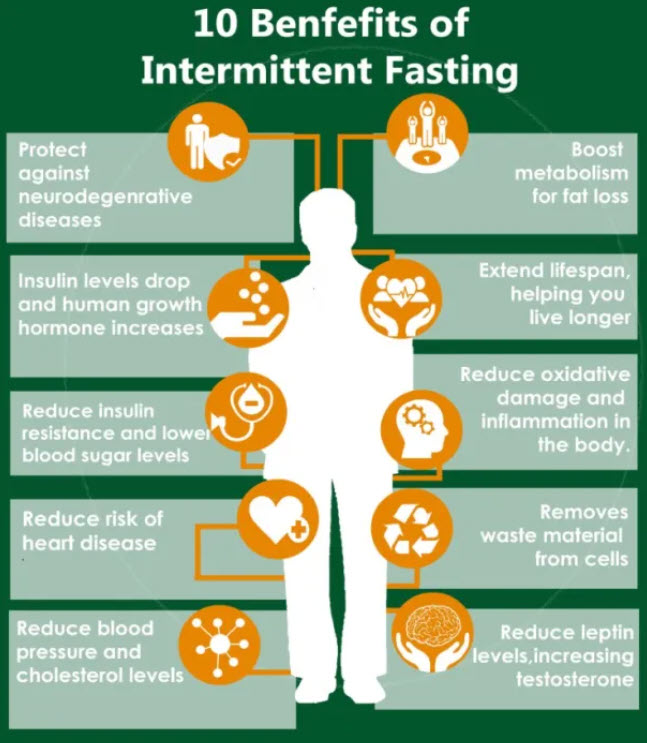 |
[TAG68]Weight loss with Ketosis |
 |
[TAG69]Just realized I invented yoga. |
 |
[TAG70]What happens when protein intake is not 2g/lbs? |
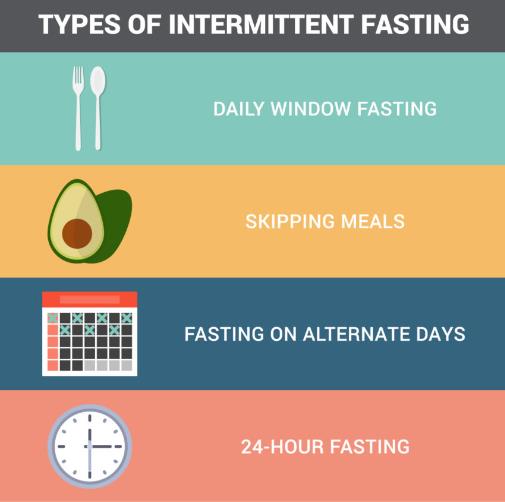 |
[TAG71]While intermittent fasting for pregnancy has its benefits, it can also be dangerous. Read on to learn more about the risks and benefits of.. |
 |
[TAG72]Don’t know where else to post |
 |
[TAG73]High fiber high carb foods causing insomnia? |
 |
[TAG74]Autophagy is a dynamic degradation system that promotes tumor survival. It also promotes the growth of established tumors and facilitates metastasis. .. |
 |
[TAG75]Intermittent fasting is one of the best tools for weight loss. There is one enormous secret that can help ensure that you see a huge weight loss |
 |
[TAG76]Discover the Hidden Truth about Intermittent Fasting with neuroscientist Andrew Huberman! In this video, learn the science-backed benefits that they don't tell |
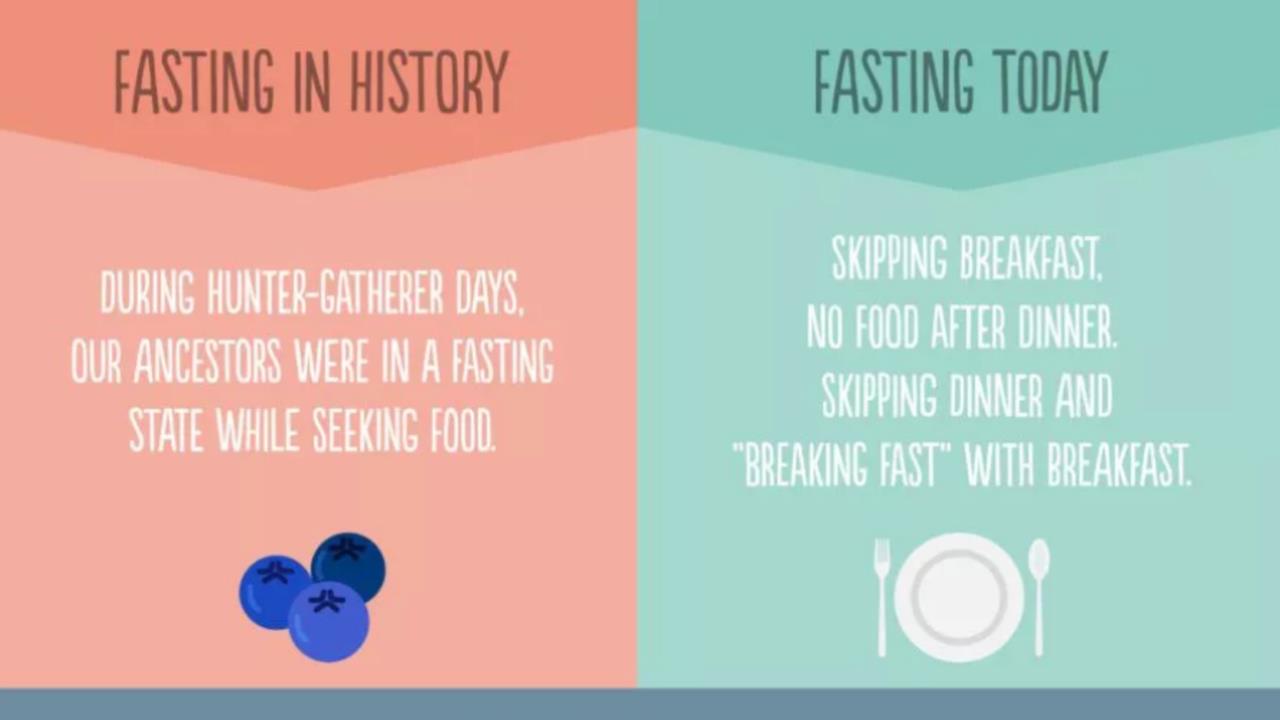 |
[TAG77]Skipping breakfast has a number of benefits, including the ability to lose weight, improve training performance, and increase growth hormone levels... |
 |
[TAG78]Live discussion and I answer questions the best I can. I love to talk all things food and fasting! Want more resources? I started a blog: |
 |
[TAG79]What I Eat After A 20hr Fast (1300cal, 20/4 OMAD) | OMAD RESET DAY 14 | Full day of eating. I drop some weight loss wisdom and share with you how I implement |
 |
[TAG68]All you need to know about Intermittent fasting and weight loss |
 |
[TAG81]Intermittent fasting - What I eat in a day! #shorts |
 |
[TAG82]Truth about intermittent fasting | Somya Luhadia #shortvideo #youtubeshorts #shorts |
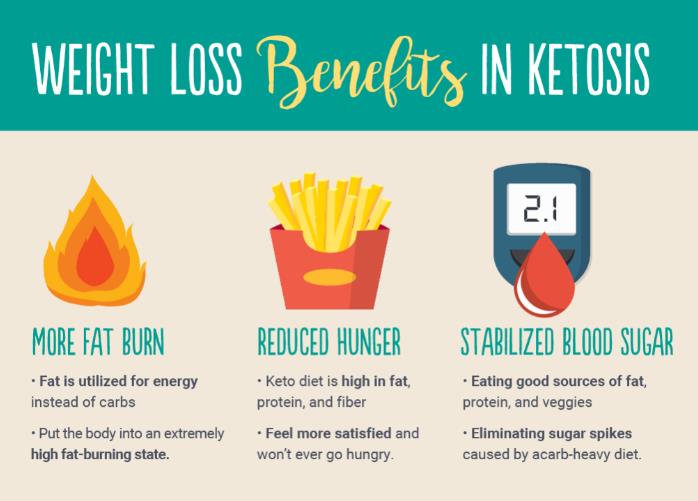 |
[TAG83]The best, and free, intermittent fasting tracking app for iPhone and Android. Easy to use. Supports all fasting types. Fast with friends. Download for Free. |
 |
[TAG84]In this video, I will address the concerns you might have about the safety of Intermittent Fasting while trying this popular dietary approach. Whether you're a |
 |
[TAG85]I'll explain why one of the most popular intermittent fasting schedules is actually not a good fit for the majority of people (even though a lot of them do it |
 |
[TAG86]Intermittent fasting involves switching between fasting and eating on a regular schedule. This type of fasting could manage your weight or even some forms of |
 |
[TAG87]#selfimprovement #lifestyle #neuroscience #betterlife |
 |
[TAG88]No doubt you’ve heard of and maybe even tried intermittent fasting since it has numerous scientifically proven benefits. But during your fasting journey, have |
 |
[TAG89]This is a detailed guide to intermittent fasting (IF). Studies show that it can help you lose weight, improve health and perhaps even live longer. |
 |
[TAG90]Since intermittent fasting is about when you eat rather than what you eat — and you get to customize the experience according to your needs, goals, lifestyle, |
 |
[TAG91]You’re just minding your business, ticking things off your to-do list (is it us, or does that thing get longer every day?), and quietly making progress. Then |
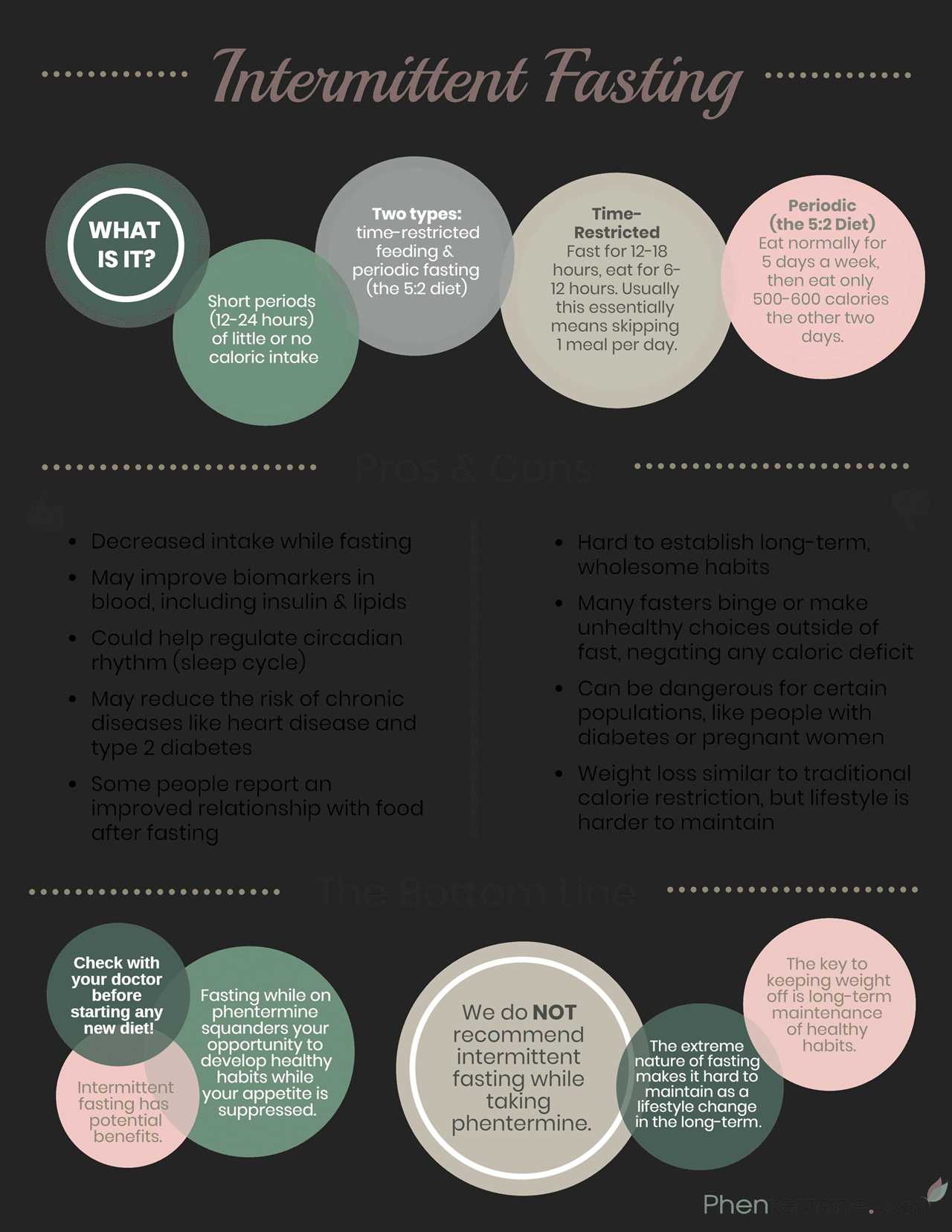 |
[TAG92]Intermittent fasting isn't new, but it's gaining followers. What's the appeal? |
 |
[TAG93]One of the biggest selling points of intermittent fasting is that it’s all about when you eat rather than what you eat. And it’s totally flexible and |
 |
[TAG94]If you’ve been thinking about starting a new diet, maybe doing a little research on the best ways to drop a few pounds, chances are you’ve come across |
 |
[TAG95]Harvard research about Intermittent fasting ... |
 |
[TAG96]IntroductionFinding the ideal balance between health, fitness, and a hectic lifestyle can be difficult in today’s fast-paced world. This is where |
 |
[TAG97]Introduction The practice of intermittent fasting (IF) has become very well-liked for aiding in weight loss and promoting health. Fewer people are aware of its |
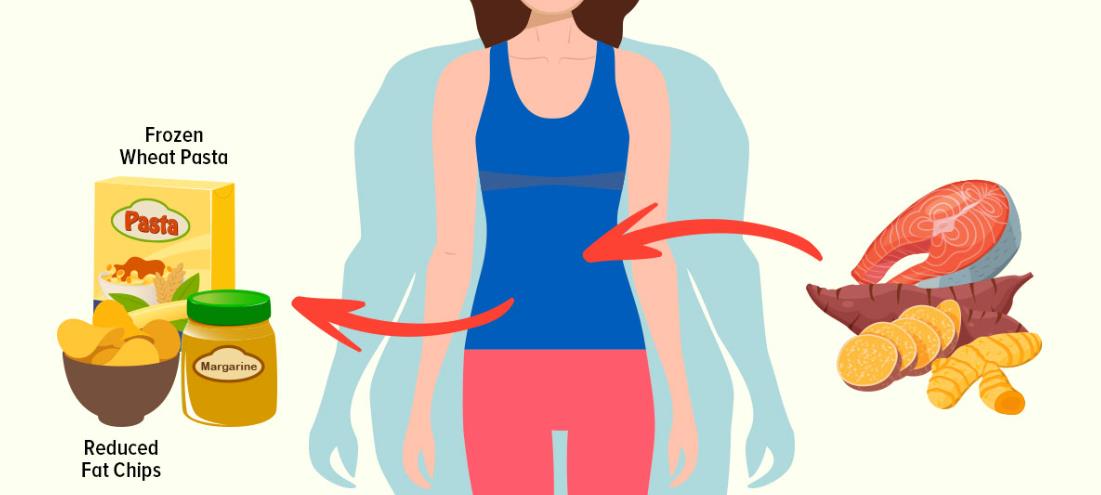 |
[TAG98]Intermittent fasting is an increasingly popular diet option for weight loss. There are several programs, but this guide can help you find out which one is |
 |
[TAG99]Introduction Recent years have seen a significant increase in the acceptance of intermittent fasting (IF) as a viable strategy for promoting longevity, better |
 |
[TAG100]Introduction Recent years have seen a significant increase in interest in intermittent fasting (IF), a dietary strategy with many potential health advantages. |
 |
[TAG101]The two-day-a-week diet: How intermittent fasting can help you lose weight and boost your health. |
 |
[TAG102]Introduction The practice of intermittent fasting (IF) has become increasingly well-liked as a means of losing weight and enhancing health. IF involves |
 |
[TAG103]There are many advantages to intermittent fasting as a strategy for weight loss. Intermittent fasting can work with any diet... |
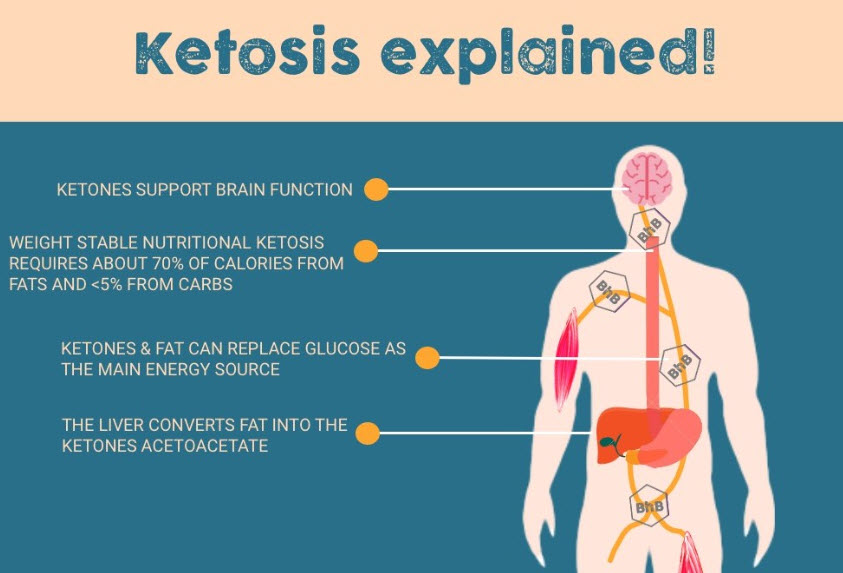 |
[TAG104] |
 |
[TAG105]Low carb diets have often been used throughout history for weight loss. Although sometimes called a fad, low carb diets have actually more science... |
 |
[TAG106]Weight gain and obesity, like any medical disease, is multifactorial. This means that there are many factors that cause weight gain... |
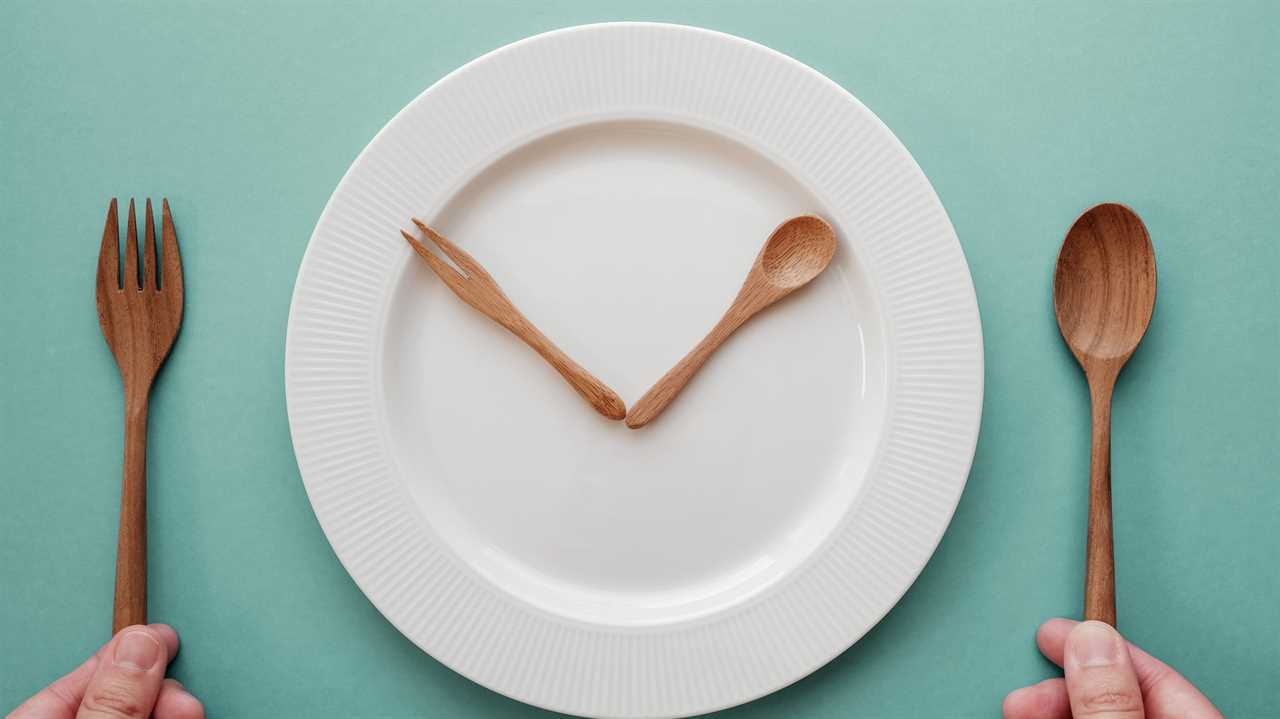 |
[TAG107]Intermittent fasting is popular, effective, and easy. This guide tells you how to get started with a successful intermittent fasting routine. |
 |
[TAG108]How do doctors lose weight? For their patients, doctors often advise following standard diets, but when trying to lose weight themselves... |
 |
[TAG109]What is the best vacation weight loss plan? Most people [...] |
 |
[TAG110]Intermittent fasting comes in many shapes and forms. This article reviews its pros and cons so you can decide if it's worth a try. |
 |
[TAG111]Previous studies have shown that a harmful combination of gut bacteria can cause high blood pressure (hypertension) in humans and other animals. Having a |
 |
[TAG112]In my TEDx talk, I suggest recasting the noxious word “diet” into D-I-E-T — a reminder to ask ourselves “Did I Enrich Today?” One of the ways we can enrich…The |
 |
[TAG113]With the holidays on us, maybe your intermittent fasting schedule isn’t as rigorous as it once was. That’s not necessarily a bad thing, because social |
 |
[TAG114]Zero’s not been my hero. Through grade school and college, zeroes used to be something of a monster in my mind. Teachers illustrated just how bad a zero is |
 |
[TAG115]I took part in an energetic discussion of intermittent fasting experiences as part of the release of Women Action Takers Who Gained By Losing for which I wrote |






